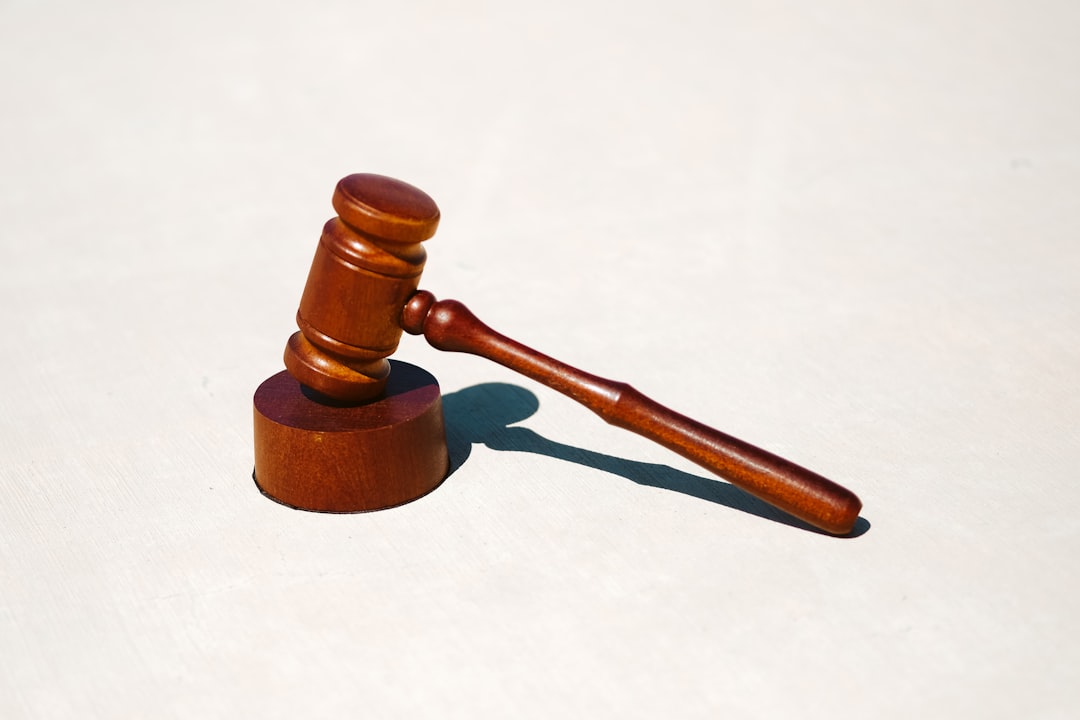Florida's stringent child abuse laws demand deep legal knowledge from attorneys advocating for abused minors under 18. Support groups facilitate peer learning and emotional support, while professional development initiatives like FBA workshops and NACAL networks keep lawyers updated on legislative changes. Prioritizing self-care ensures resilience in handling intense cases, with strategies including setting boundaries, exercise, diet, and peer support networks. Child abuse attorneys in Florida leverage these resources to effectively represent clients and advocate for policy reforms.
Support groups and resources are vital assets for Florida child abuse attorneys, navigating a complex legal landscape. This guide explores essential tools for professionals dedicated to protecting children. We delve into understanding Florida’s stringent child abuse laws, providing a foundation for effective advocacy. Connect with supportive peer networks, access legal assistance programs, and stay informed through training opportunities. Additionally, discover community organizations fostering change. Remember that self-care is paramount; lawyers must protect their well-being to ensure they can continue fighting for vulnerable children.
Understanding Florida's Child Abuse Laws

Florida has stringent laws in place to protect children from abuse and neglect, making it crucial for child abuse attorneys to have a deep understanding of these regulations. The state defines child abuse as any act or omission that causes reasonable harm or risk of harm to a minor under 18 years old. This includes physical, emotional, sexual, and psychological abuse, as well as neglect. Child abuse attorneys in Florida play a vital role in navigating the legal system to ensure justice for abused children and hold perpetrators accountable.
Understanding these laws is essential for child abuse attorneys to effectively represent their clients. They must be aware of the specific statutes, reporting requirements, and procedures for investigating and prosecuting cases. This knowledge enables them to provide informed guidance, build strong cases, and advocate for the best interests of their young clients.
Navigating Support Groups for Attorneys

Navigating support groups can be a valuable resource for Florida child abuse attorneys, offering a safe and supportive environment to connect with peers who understand the unique challenges they face. These groups provide an opportunity to share experiences, exchange insights, and gain different perspectives on complex cases. Many local bar associations and legal organizations in Florida host such networks, ensuring confidentiality and fostering open dialogue among members.
Attorneys can discover a range of benefits by joining these support groups. They offer a platform for emotional relief, allowing professionals to discuss the complexities of child abuse cases and their potential impact on both victims and defendants. Moreover, it facilitates the exchange of practical knowledge, best practices, and innovative strategies that can enhance case management and outcomes for all involved.
Resources for Legal Assistance and Training

Florida offers a range of resources and support groups tailored specifically for child abuse attorneys, ensuring they have access to the latest legal assistance and training. These initiatives are vital in empowering lawyers to navigate complex cases effectively and provide quality representation to their clients. One prominent resource is the Florida Bar Association’s (FBA) commitment to professional development. The FBA offers numerous workshops, webinars, and educational programs focused on child welfare, abuse, and neglect laws. These sessions cover a wide array of topics, from understanding the latest legislative changes to mastering evidence collection techniques, all designed to enhance the skills of Florida’s child abuse attorneys.
Additionally, local chapters of the National Association of Child Abuse Lawyers (NACAL) provide a supportive network for practitioners in the state. NACAL Florida offers regular meetings and events, fostering collaboration and knowledge-sharing among members. These gatherings allow lawyers to discuss challenging cases, exchange strategies, and stay updated on best practices. Furthermore, the organization advocates for policy changes and legislative reforms, ensuring that child abuse attorneys’ voices are heard at the state level. With these resources readily available, Florida’s child abuse attorneys can stay informed, equipped, and dedicated to advocating for the rights of vulnerable children.
Connecting with Community Organizations

Connecting with community organizations is a vital step for Florida child abuse attorneys looking to provide comprehensive support and representation. Many non-profit groups and local initiatives focus on preventing, addressing, and supporting survivors of child abuse. These organizations often have extensive resources, including legal aid, counseling services, and educational programs tailored to the unique needs of children and families impacted by abuse. Engaging with these community efforts allows attorneys to stay informed about emerging trends, best practices, and local support networks, ultimately enhancing their ability to advocate for their clients effectively.
Florida offers a robust network of community-based organizations dedicated to child welfare. Attorneys can collaborate with these groups to offer holistic assistance, ensuring that their young clients receive not just legal representation but also access to necessary healthcare, therapy, and social services. Building partnerships within the community strengthens the overall response to child abuse, fostering an environment where legal advocacy is complemented by a comprehensive support system designed to heal and protect Florida’s most vulnerable residents.
Protecting Yourself: Self-Care for Lawyers

For Florida child abuse attorneys, self-care is an essential aspect of protecting themselves both personally and professionally. The emotional toll of handling such sensitive cases can be immense, making it crucial for lawyers to prioritize their well-being. This includes setting clear boundaries between work and personal life, engaging in regular physical activity, and maintaining a balanced diet. Taking breaks during long work hours and seeking support from colleagues or mental health professionals can also help mitigate stress levels.
Additionally, Florida child abuse attorneys should explore resources designed for their profession, such as legal aid organizations and professional networks that offer peer support. These initiatives not only provide a safe space to discuss challenging cases but also equip lawyers with valuable strategies for coping with the emotional demands of their work. By adopting these self-care practices, Florida child abuse attorneys can ensure they remain effective advocates while safeguarding their own mental health.






